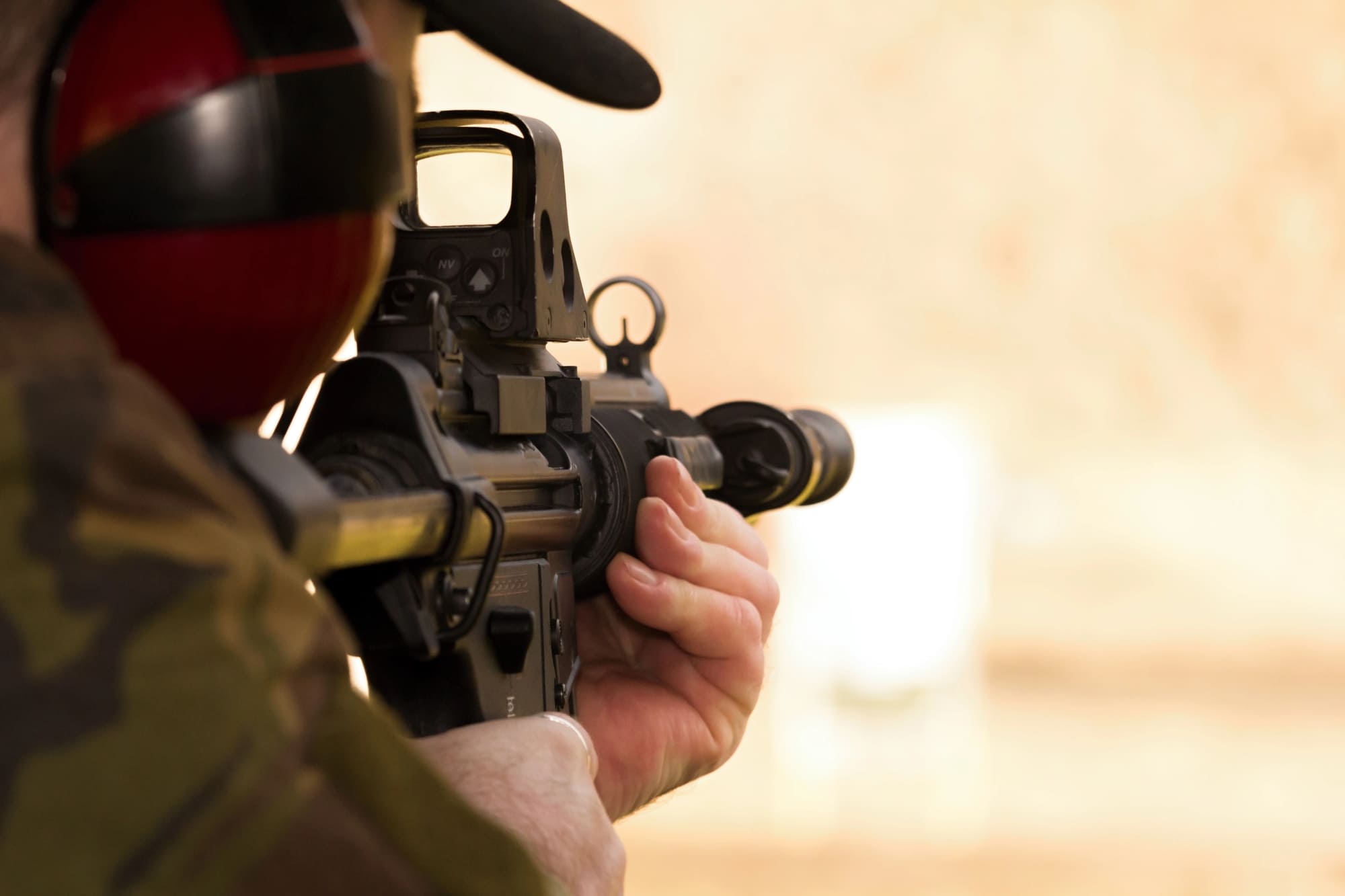
The term “assault weapon” is often surrounded by debate and varying interpretations, especially when it comes to firearm laws. Different jurisdictions have their own definitions, often influenced by specific features such as detachable magazines, pistol grips, or folding stocks.
For Florida residents, understanding how these firearms are categorized can feel like navigating a maze of legal definitions and regulations. The stakes are high, as how a weapon is classified can impact ownership rights and legal responsibilities.
If you’re unsure about what qualifies under the law, consulting with a weapons defense attorney can provide valuable insight. This article will explore how assault weapons are defined and what that means for Florida gun owners.
What Qualifies as an Assault Weapon in Florida?
In Florida, the term “assault weapon” lacks a specific definition under state law, prompting legal professionals and firearm owners to rely on federal definitions or proposed legislation for clarification.
Generally, assault weapons are semi-automatic firearms with features such as detachable magazines, pistol grips, flash suppressors, or folding stocks. These features differentiate them from other firearms, though their legality varies. While Florida does not impose an assault weapon ban, modifications such as extended magazines or suppressors may change a firearm’s classification under federal standards.
Legal interpretation often hinges on these distinctions. Any responsible gun owner in Florida should stay well-informed about firearm features and understanding how both state and federal laws intersect to avoid any legal complications stemming from improper classifications.
Are There Restrictions on Owning or Purchasing an Assault Weapon in Florida?
Florida does not impose specific restrictions on owning or purchasing assault weapons, nor does it require special permits for these firearms. Purchases must comply with federal laws, including background checks and a three-day waiting period for most transactions. Private sales are less regulated but still subject to federal requirements. Buyers must meet the minimum age, 18 for rifles and 21 for handguns, and avoid disqualifications like felony convictions or certain mental health issues.
Additionally, you can carry a firearm in Florida with a concealed carry license, but owners should be cautious when traveling to other states, as regulations may vary significantly. While Florida’s laws are relatively lenient, staying informed about ongoing legislative changes is important to avoid complications with firearm ownership or transport.
How Do Federal Definitions of Assault Weapons Differ from Florida Laws?
Federal definitions of assault weapons have traditionally focused on specific features outlined in past legislation, such as the now-expired Federal Assault Weapons Ban (1994–2004). This law classified firearms with two or more military-style features, like folding stocks or flash suppressors, as assault weapons.
In contrast, Florida currently lacks state-level restrictions or specific definitions for assault weapons, making ownership more permissive than in some other states. Despite this, federal laws still apply, including restrictions on fully automatic firearms, which require special permits.
Furthermore, federal proposals to reintroduce an assault weapons ban could change classifications and regulations on a national scale. For Florida firearm owners, understanding how state and federal laws intersect is important for maintaining compliance and avoiding legal complications.
Have You Been Wrongfully Charged with a Weapons Violation?
Navigating the complexities of firearm laws in Florida can be challenging, especially with the lack of a clear state definition for assault weapons and the interplay with federal regulations. Understanding these distinctions is essential for protecting your rights and avoiding potential legal issues. If you’ve been wrongfully charged with a weapons violation or need guidance on firearm-related matters, seeking professional legal advice is the best step forward.
If you are in need of an experienced weapons defense lawyer in the Pensacola area, contact Robert Dees immediately. His expertise can provide the clarity and representation you need to address your situation effectively.
